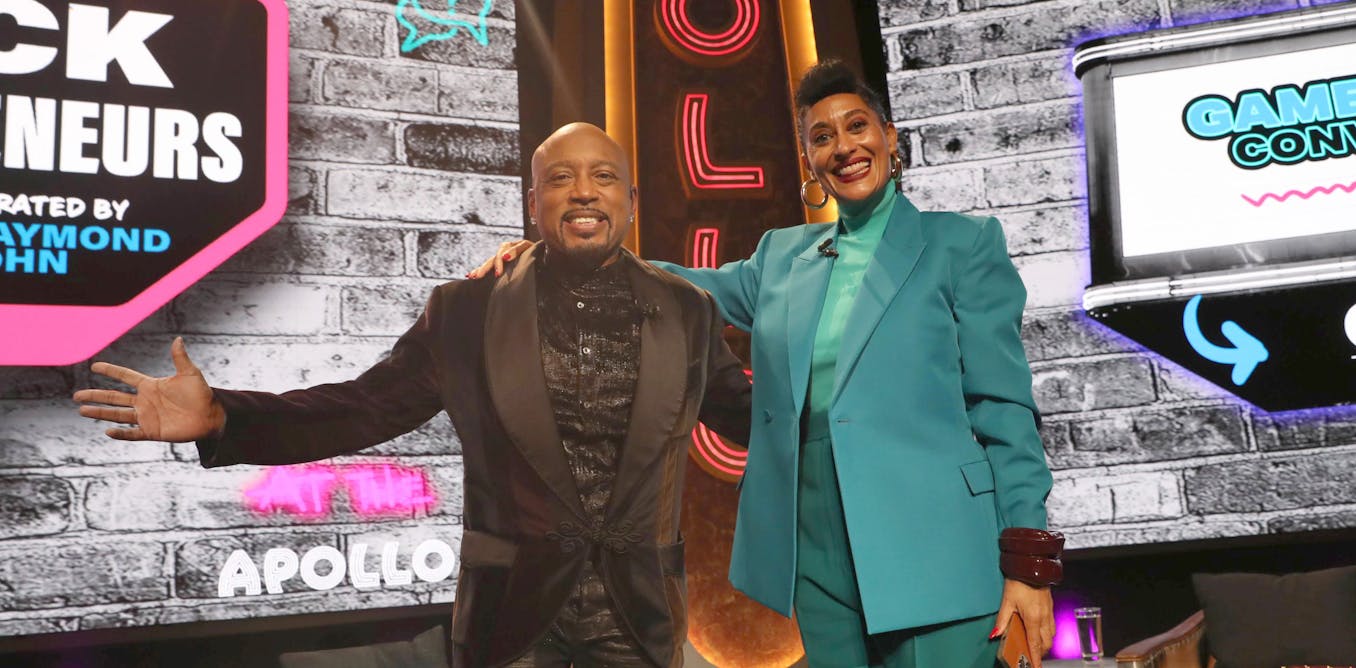Politics
75 years ago, the KKK and anti-communists teamed up to violently stop a folk concert in NY
Few Americans today know about the events that occurred 75 years ago in the small Hudson Valley community of Peekskill, New York. That’s where a riot broke out at a folk concert that marked a significant turning point in the political landscape of the post-World War II era.
The riot sharpened the dividing lines and raised the stakes in the coming anti-communist Red Scare that would dominate the political climate of the 1950s and beyond.
It showed, too, how the destructive power of hatred can gain legitimacy in a time of political turmoil.
We can see similarities to our own time, for example, in the U.S. Capitol insurrection, when a mob committed seemingly senseless acts of violence. We hear echoes of Peekskill, too, in the political rhetoric of Donald Trump and his supporters, especially in his Cold War-era language and his apparently anachronistic attacks on communism and Marxism.
I know something about the Peekskill event, partly because I am a historian who has studied this period. But I’m also familiar with it because my mother, an aspiring singer and member of the American Communist Party, was assaulted there.
Heightened anti-communist anxiety
Originally scheduled for Aug. 27, 1949, the concert was a benefit for the Harlem branch of the Civil Rights Congress, an organization with a history of campaigning against racism in the criminal justice system and which was affiliated with U.S. communists.
Although the U.S. Communist Party had once had some influence, its membership and impact had been declining since the end of World War II. That was the result of internal power struggles as well as a growing assault from American lawmakers. The attacks included a criminal prosecution in 1949 against several Communist Party leaders. This resulted in guilty convictions, and jail sentences, for all 11 defendants.
Although the U.S. Communist Party was in decline, anxiety about the worldwide strength of communism was escalating. With heightened worries about a growing Soviet nuclear threat, a looming communist victory in China and fears of spies and subversives on U.S. soil, American politicians competed to outdo their opponents in their anti-communist fervor.
Many saw the reach of that global communist system epitomized in the figure of Paul Robeson, a singer, actor and one of the foremost performers of the mid-20th century who was the star attraction of the Peekskill event.
During the 1930s and ’40s, Robeson had become a vocal advocate for racial equality. After World War II, he began speaking out against the increasingly bellicose language American leaders aimed against the Soviet Union. A frequent Traveler to the USSR, Robeson also expressed sympathy for the Soviet system. He was accused of being a communist but was never an official party member.

Increasingly, those sympathies put him in the crosshairs of rising Cold War hysteria.
Although Robeson had previously performed in the Peekskill area without incident, by 1949 the political terrain had shifted. When Robeson’s planned appearance at the concert was announced, the national anti-communist hysteria found a local outlet. It turned what should have been a relatively quiet musical event into a raging confrontation between Robeson supporters and local veterans, Businessmen, American Legionnaires and Ku Klux Klan members.
This was a time when a wide range of hatreds – antisemitic, anti-left, anti-Black – managed to take cover under the ever-widening umbrella of anti-communism. Hundreds of protesters turned out on Aug. 27 to stop Robeson’s appearance. They hurled antisemitic and racist epithets and physically attacked would-be concertgoers.
“Every n*** bastard dies here tonight!” the writer Howard Fast reported as one of the mob’s threats that day. Fast had been scheduled to be the concert’s master of ceremonies. “Every Jew bastard dies here tonight!”
One of those attacked was my mother. She was sexually assaulted by a gang of men in a secluded recess on the concert grounds.
The Aug. 27 concert never took place.
Refusing to be intimidated, Robeson returned to Peekskill the following week. He remained the headline attraction, but in a show of support against the previous week’s attacks, a range of performers also took the stage.
This included my mother, who opened the event – with close to 20,000 people in attendance – and sang “The Star Spangled Banner.” Robeson performed several spirituals as well as his own defiant rendition of “Ol’ Man River.”
After the concert, several thousand anti-Robeson protesters, including many of the same thugs who had forced the cancellation of the previous week’s event, managed to terrorize concertgoers and performers.
They hurled rocks and boulders at departing vehicles, including the bus my mother traveled on from New York City. They also dragged passengers, especially Black attendees, from cars and buses and mauled them. Eugene Bullard, a Black military hero of both world wars, was viciously attacked by a mob that included local police.
Long-standing hatreds find new legitimacy
In the aftermath, law enforcement, politicians and commentators ignored the varied hatreds that had animated the Peekskill mob; they saw only the haunting specter of communism.
Thomas Dewey, New York’s governor, insisted that “communist groups obviously did provoke this incident.”
A subsequent grand jury investigation found the violence “was basically neither anti-Semitic nor anti-Negro in character,” author Martin Duberman writes in his book on Paul Robeson.
Reviewing the attack one year later, writers for the Jewish magazine Commentary agreed.
“Neither anti-semitism nor fascism” provoked the anger, they wrote, adding that blame must squarely be placed on “the Communist virus.”
Commentary’s writers claimed that the “atrocity stories” about women being “stripped and beaten” could hardly be considered reliable, as they were surely the stuff of communist propaganda.
I knew from my mother’s story that was a lie.
Peekskill’s legacy
Although anti-communist crusader Sen. Joseph McCarthy had yet to make his national debut, Peekskill made it clear the central focus in American politics would be squelching the communist threat, despite how nonthreatening the U.S. Communist Party had become.
Even more, the anti-communist crusade could give long-standing hatreds a new legitimacy. It allowed antisemitism, anti-Black racism and a general hostility to progressive causes to flourish under the cover of fighting the Reds.
My father, who helped organize the Peekskill concert, received a thank you letter from the local Ku Klux Klan for helping them gain new members. “You see,” wrote the Klan secretary, “the people living in Westchester County do not care for negroes anyway and when it comes to Red N—s that is the limit.”
Today, the language of hatred that has become part of the political vocabulary of many in the U.S. does not always sound like the words of the KKK in 1949. Sometimes, though, there are surprising echoes, especially when Donald Trump or Marjorie Taylor Greene label their Democratic opponents “communists” and “Marxists.”
Clearly taking a page from his mentor Roy Cohn, a man who helped feed the Red Scare of the Peekskill era, Trump brandishes the specter of communism as a way to compress every progressive reform into what author Richard Seymour calls a “single treasonous, diabolical enemy.”
There is also a more hopeful echo that can be heard from Peekskill. Namely, a commitment to protest music, to songs that allow people to voice a collective challenge to a culture that foments repression and discrimination.
-
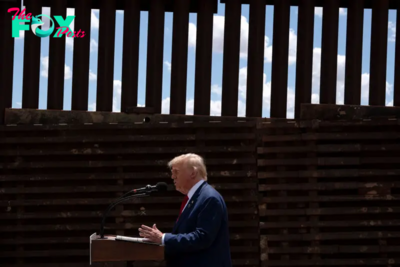
 Politics1h ago
Politics1h agoWhy Trump Actually Needs Mexico
-
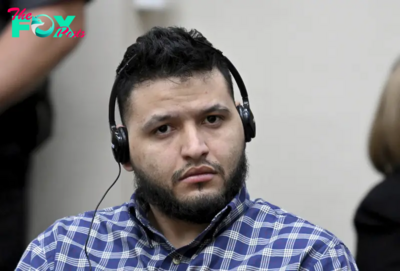
 Politics1h ago
Politics1h agoMan Convicted of Killing Laken Riley Sentenced to Life in Prison Without Parole
-
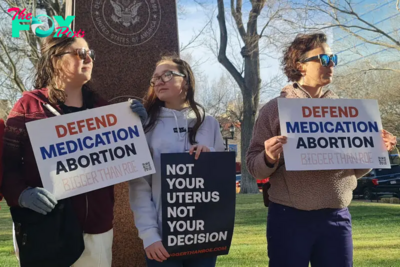
 Politics6h ago
Politics6h agoHow the Biden Administration Protected Abortion Pill Access—and What Trump Could Do Next
-

 Politics6h ago
Politics6h agoWhy Trump’s Tariffs Could Raise Grocery Prices
-
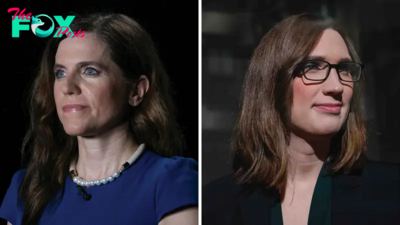
 Politics17h ago
Politics17h agoThe First Trans Member of Congress Expected Pushback Like Mace’s Bathroom Rule
-
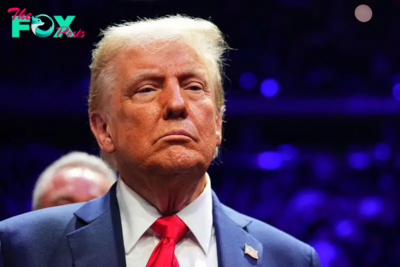
 Politics17h ago
Politics17h agoNew York Prosecutors Oppose Dismissing Trump’s Hush Money Conviction
-
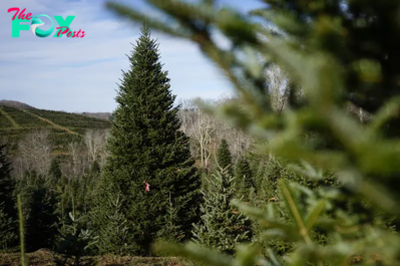
 Politics23h ago
Politics23h agoWhite House Christmas Tree Is a Symbol of Resilience for Hurricane-Hit North Carolina Farms
-
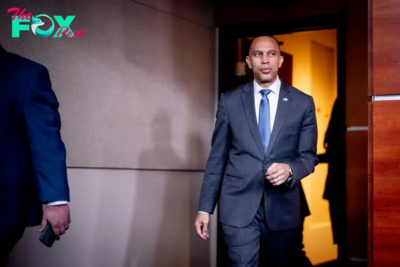
 Politics1d ago
Politics1d agoHakeem Jeffries Wins Reelection as House Democratic Leader Despite Party’s Losses



